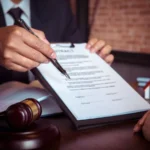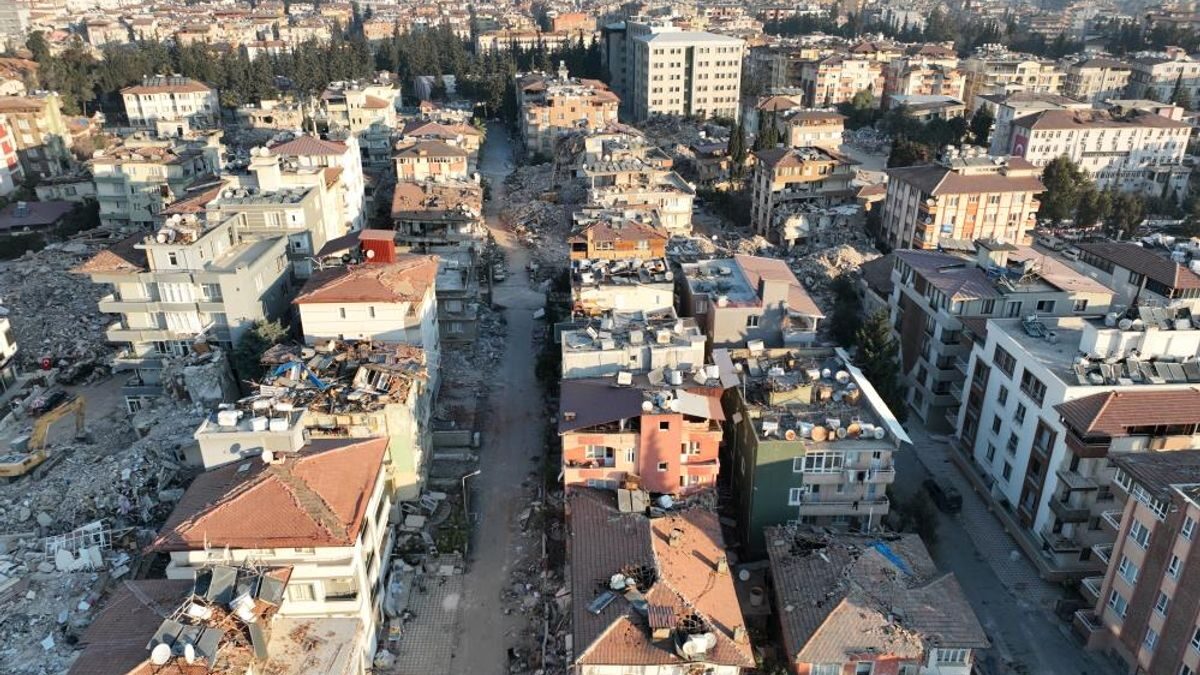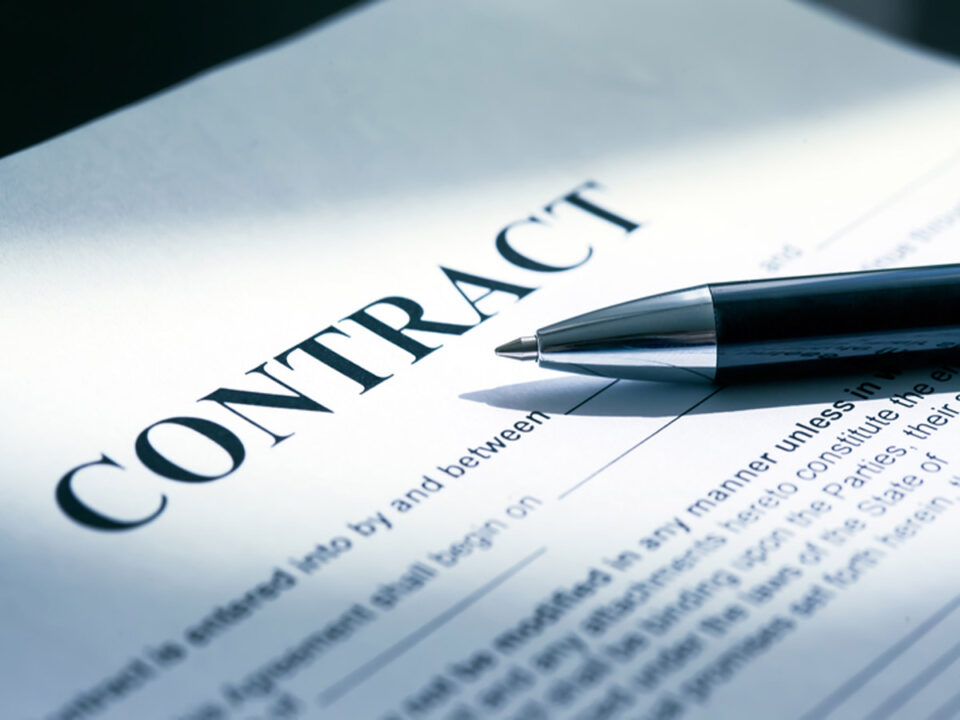
Legal Procedure for Filing a DASK Claim After an Earthquake
11 August 2025
Inheritance Law Issues After an Earthquake: Presumption of Death, Estate Distribution, and Legal Procedures
11 August 2025As Turkey is located in an earthquake-prone region, constructing earthquake-resistant buildings is both a technical and legal necessity.
After earthquakes, the liability of contractors for collapsed buildings becomes one of the most researched topics by victims.
This liability arises under the Turkish Code of Obligations (TCO) as contractual liability from a contract for work, tort liability, and under the Turkish Penal Code (TPC) as criminal liability.
a) Contractual Liability under the Contract for Work (TCO)
According to TCO Article 470, the contractor (builder) is obliged to construct the work in accordance with the rules of science and technical standards.
If there is a substantial defect in the delivered work, Article 475 grants the employer the following optional rights:
- Request the elimination of the defect
- Demand a reduction in the price
- Terminate the contract
In addition, Article 472/I states that if the contractor supplies defective materials, they are liable as if they were the seller.
b) Tort Liability (TCO Articles 49 and 71)
Third parties who suffer damage due to the collapse of buildings in an earthquake may file a claim for damages against the contractor based on the provisions of tort liability.
Article 71 of the TCO regulates strict liability for dangerous activities and states that breaches of the duty of care entail an obligation to compensate.
c) Criminal Liability (TPC Article 85)
According to TPC Article 85, a contractor who negligently causes the death of one or more persons is subject to imprisonment from 2 to 15 years.
In post-earthquake investigations, criminal liability arises if defects such as use of low-quality concrete or deviations from approved plans and permits are detected.
2. Compensation Rights and Statute of Limitations
a) Claims Based on the Contract for Work
Under TCO Article 478, claims for damages arising from defective works must be filed within 5 years from delivery, or 20 years in cases of gross negligence.
b) Claims Based on Tort Liability
According to TCO Article 72, the limitation period is 2 years from the date the damage and the liable party are learned, and in any case 10 years from the date of the act.
The Court of Cassation precedents accept that, in earthquake-related cases, the limitation period starts from the date of the earthquake.
3. Common Scenarios in Practice
- Contractor–owner relationship: In construction contracts in exchange for flats, the contractor bears liability both under the provisions of the contract for work and the sale.
- Liability of construction supervision companies and engineers: Under the Building Inspection Law No. 4708, such professionals also bear responsibility.
- Zoning amnesties: Inclusion of unlawful structures under amnesty regulations does not remove liability.
The liability of contractors for buildings collapsed in earthquakes is a multi-faceted issue under both private law and criminal law.
For victims to protect their rights:
- Obtain expert reports and damage assessment records,
- Observe statutory limitation periods,
- Seek assistance from a specialized lawyer at the outset of the process.
Obtaining professional legal advice in post-earthquake legal proceedings can prevent loss of rights and contribute to a favorable outcome in court.





